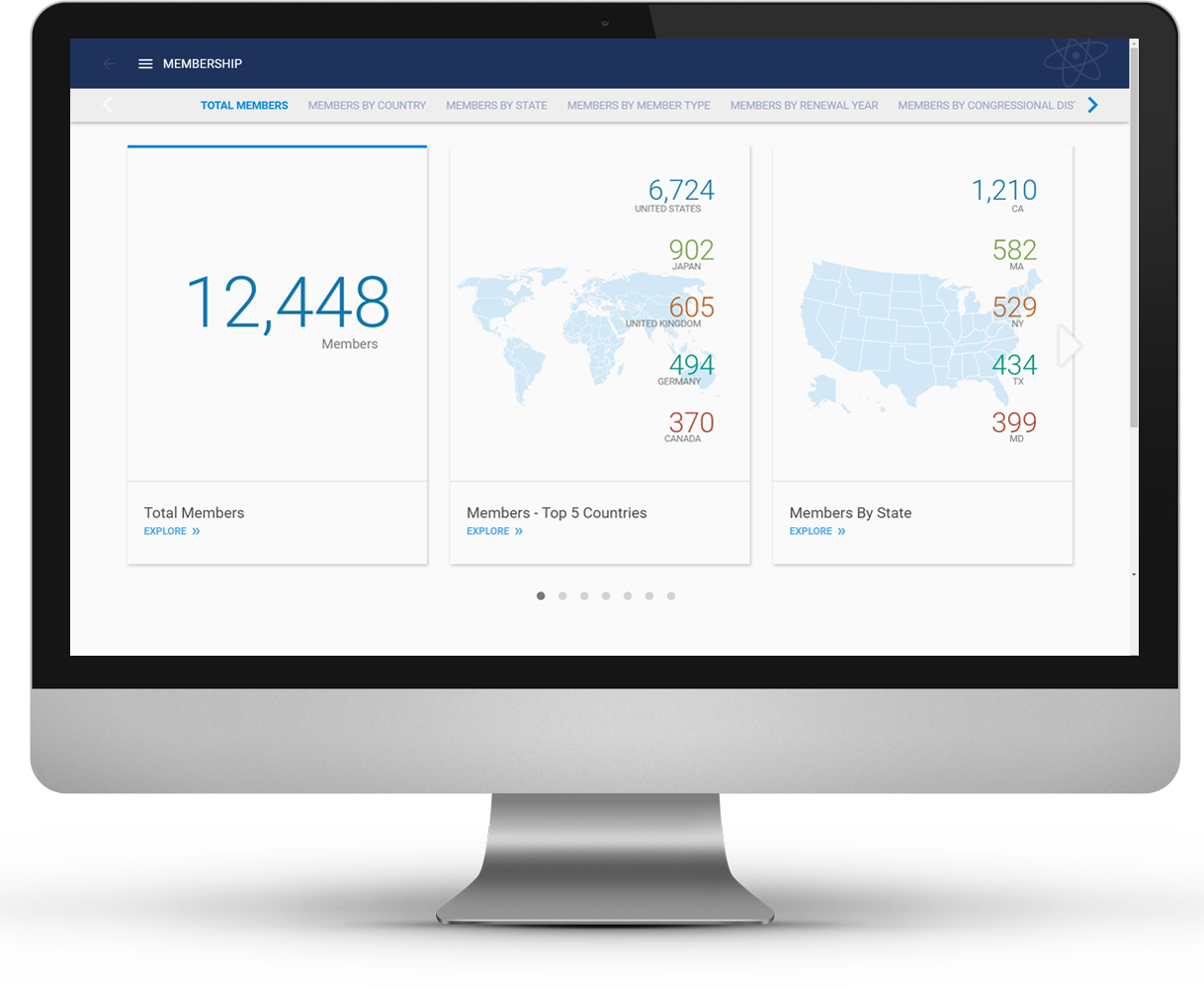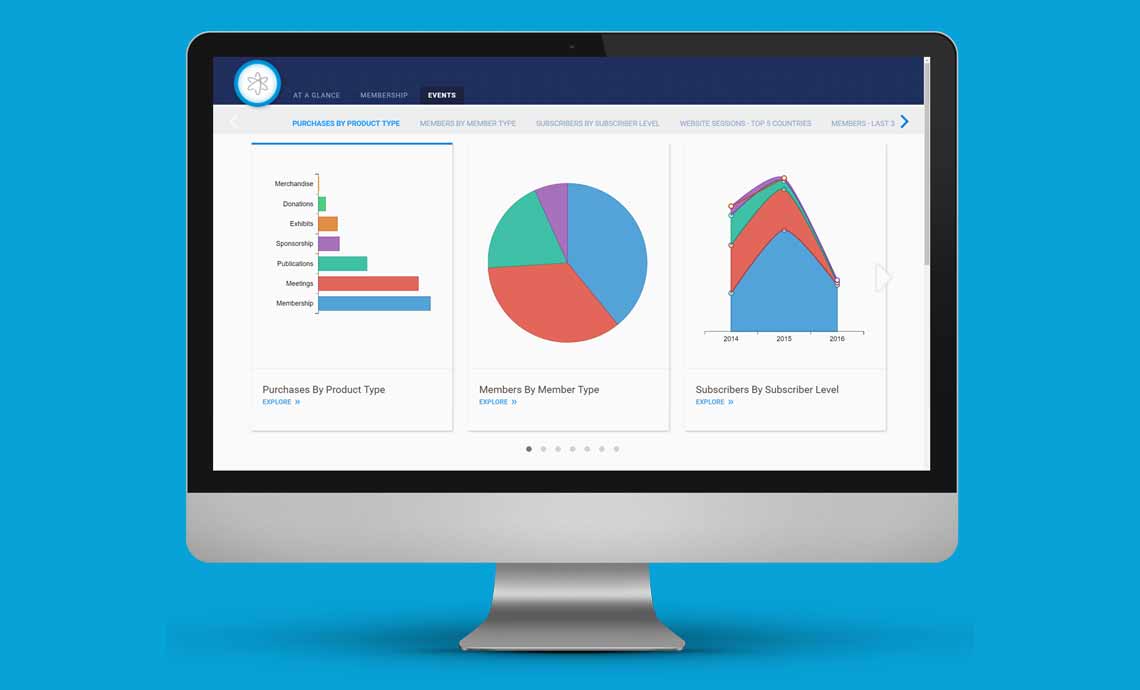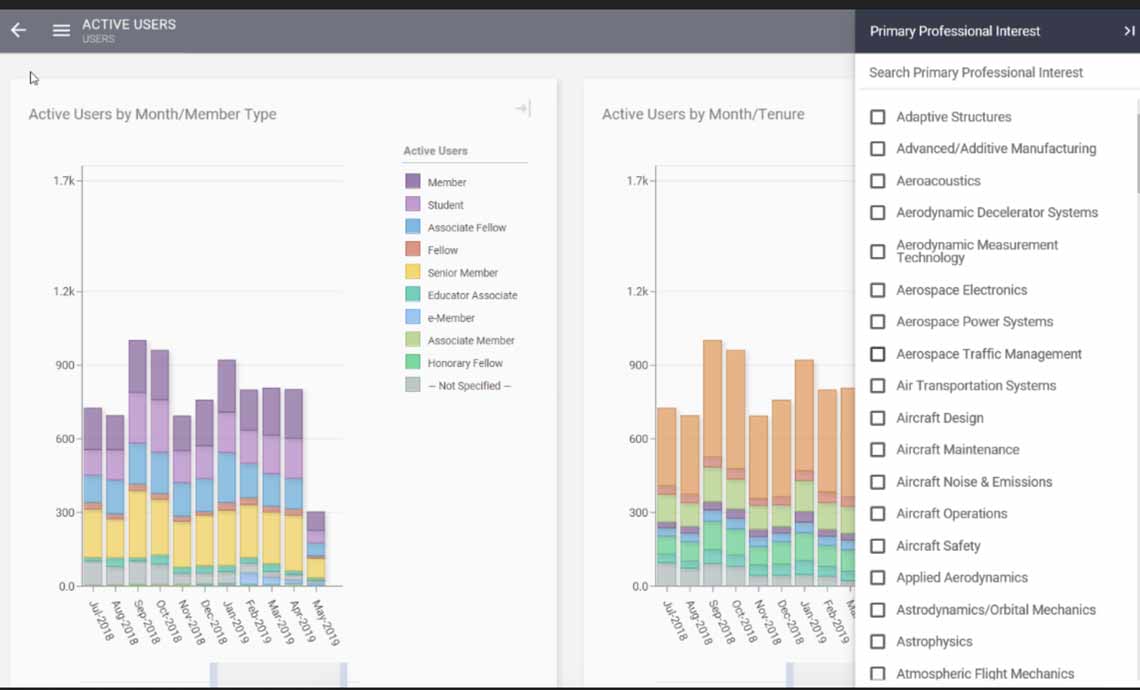“If [data insights] are unread, ignored, and don’t change the business, they haven’t driven anything.” – Carl Anderson, author of Creating a Data-Driven Organization
An organization with a firm data culture makes decisions based on facts instead of gut instinct, but more importantly than that, they set a standard across the organization for how decisions are made. It’s a cultural shift away from the highest paid person’s opinion mattering the most to data driving the decision making. It’s empowering at every level and is marked by more competent teams and better business choices.
Growing a data culture is an organic process that can take different forms and adopts various supporting processes. In short, it looks different every time, but organizations that have done it successfully share these core values:
Data is for everyone.
Giving everyone access to essential data – or democratizing it – is only the beginning. Organizations with a strong data culture provide training and education so that everyone feels comfortable with data: finding it, visualizing, manipulating, interpreting, and acting on it. Teams are equipped with the basic resources and skillset development required to become data literate and effective. They know how to ask the right questions and interpret metrics appropriately, and they’re provided with the incentives they need to do so.
Data informed decision-making is realized across all functions. From C-suite to marketing and membership and accounting; every team derives insight from data in a unique and impactful way. The right analytics platform can extend the power of data by enabling widespread user adoption so that data is approachable to more people. The right platform meets users where they are – both physically and in relation to their technical skillsets.
Data is a strategic asset.
Strategic assets are worth the investment in both time and money. Developing a data culture is a commitment, and organizations who have successfully created one realize that it’s an ongoing process. Data doesn’t have to be 100% accurate up-front; the quality grows and improves over time. As more data becomes available, it is compiled together to create a full, comprehensive picture.
A data culture relies on an analytics tool that is easy to use. A tool can make or break even the most phenomenal data strategy, so it’s important to select one that is robust enough to answer complex questions and simple enough for everyday business users.
Data is a mobilizer.
Sometimes data reveals that no action is required. But most often, data informs iteration and adjustment. A data culture is nimble and able to act on those insights, even outside of standard business cycles or hierarchical authority structures.
A senior management team that buys into data culture enables clear and quick action, and is willing to trust data over gut instinct. Management encourages organizational performance and creates measurable goals for evaluating successes. As pathways to achieving those become available, they clear any obstacle.
Data culture looks different in every organization, but data shows organizations are more successful when everyone has access to data and is trained and equipped to understand it. Change doesn’t happen overnight, and it won’t be perfect at first, but your data is a strategic asset that’s worthy of commitment and investment. As data takes on new meaning, previous unrecognized opportunities for growth will become obvious.
A data culture is more than regularly reviewing charts and graphs; it’s weaving data into the fabric of your culture. It’s viewing data as a member of your team and giving it a voice to deliver brilliant insight and drive organizational change.



